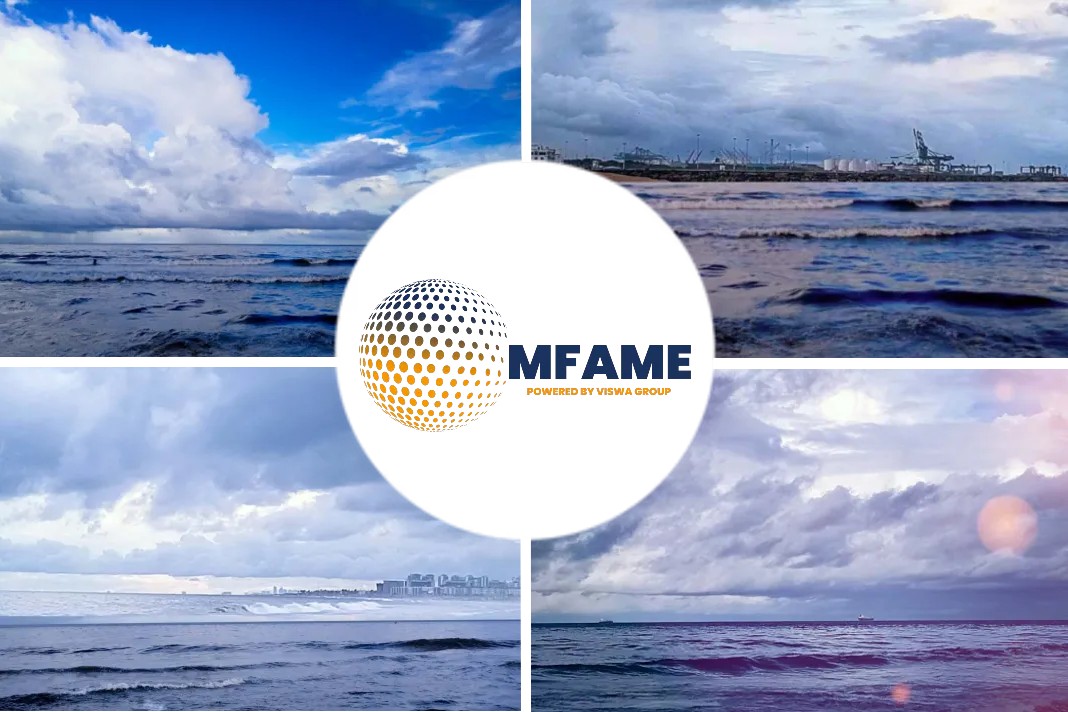- Singapore’s bunkering sector will need to adapt and transform to ride out the current crisis, says Senior Minister of State, Ministry of Foreign Affairs & Ministry of Transport.
- This is the 21st edition of Singapore International Bunkering Conference, also known as SIBCON 2020, on Tuesday (6 October).
- Chee Hong Tat outlined three priority areas, namely quality, resilience, and sustainability as factors the republic’s marine refuelling sector will need to adopt.
SIBCON 2020: Senior Minister highlights ‘quality resilience and sustainability’ for bunkering sector, says a Manifold Times news report.
Upholding Quality and Trust
“Throughout the many disruptions, one thing remains constant: the industry must continue to provide trusted and quality bunkering services,” states SMS Chee during his opening address.
“Singapore is committed to maintaining the integrity of our bunkering sector. We are not perfect. We have our share of black sheep and cases of malpractice, but what is clear is that we will not hesitate to take firm action and revoke bunkering licences of errant companies.”
Singapore Standard for bunker cargo delivery
He notes Singapore recently launched the Singapore Standard for bunker cargo delivery from oil terminal to bunker tanker using Mass Flow Meter; and the Technical Reference for meter verification using Master Mass Flow Meter.
“We will continue to review and adopt a multi-pronged approach to uphold Singapore as a trusted and quality bunkering hub,” says SMS Chee.
“Besides regulations and swift enforcement measures, we will also accelerate efforts in digitalisation of transmission of data between buyers and sellers, to make bunker transactions more secure.”
Enhancing Resilience through Digitalisation
SMS Chee, meanwhile, said there is room to do more to help Singapore’s maritime industry to become truly digital. He emphasised on the transformation of business processes and operations to improve productivity and lower handling costs.
He shared the launch of a third Sea Transport Industry Digital Plan, or IDP, covering the bunkering sector where $30,000 has been allocated for each SME per year to cover up to 70% of adoption costs such as software subscription, professional services and training, as well as up to 50% of their hardware costs.
The use of electronic bunker delivery notes (or e-BDN) will also automate the transmission of Mass Flow Meter data to delivery notes.
“We have made good progress. At least two bunkering companies are now conducting their proof of concept to fully integrate and automate MFM data into delivery notes. We look forward to more companies coming on board,” updates SMS Chee.
“Using e-BDN not only cuts down the number of administrative and manual steps required from vessels, it also makes bunkering transactions more secure by reducing the opportunities for manipulation of data during the transmission process.”
Transforming the Bunkering Sector to be Sustainable
SMS Chee further states LNG as a viable transitional fuel that ships could consume to meet IMO’s 2050 goals; as such, Singapore has been developing its ecosystem and infrastructure to support LNG bunkering.
“MPA has issued two LNG bunker supplier licences, and co-developed standards and procedures in LNG bunkering, including safe simultaneous operations (SIMOPS), with the industry and other authorities. To date, we have performed more than 270 truck-to-ship LNG bunkering operations,” he says.
“For ship-to-ship LNG bunkering, we have awarded $6 million for building of 2 LNG bunker vessels. Ship-to-ship LNG bunkering will be ready by the first quarter of 2021″.
“My wife and I were honoured to participate in a virtual ceremony for FueLNG Bellina, the first of two LNG bunker vessels to be delivered latest by early next year.”
Singapore with LNG bunker supply
He expects Singapore to have an LNG bunker supply capacity of up to 1 million tonnes per annum from 2021, translating to about 300 ship-to-ship LNG bunkering operations per annum to large-LNG-fuelled vessels.
In order to further expand the business of LNG bunkering, MPA will also be launching a Request for Proposal in the coming weeks to issue additional LNG bunker supplier licences to support the growing demand for LNG bunkers.
Moving beyond LNG, SMS Chee shared Singapore will continue to invest in the search for green bunker fuels of the future.
R&D front for decarbonisation
“To accelerate efforts on the R&D front for decarbonisation, MPA & SMI have commenced the ‘Biofuel Compatibility Study for Singapore Harbour Craft’,” he notes.
“The study is led by the Nanyang Technological University’s Maritime Energy and Sustainable Development Centre of Excellence.”
The Republic, through MPA, will also be signing a Memorandum of Cooperation on a future fuels port network with the Port of Rotterdam and the Ministry of Land, Infrastructure, Transport and Tourism, Japan.
“The MoC will allow for the development of a roadmap on the adoption of future marine fuels to support decarbonisation, and the coordination of possible joint bunkering pilot runs with identified shipping lines between ports.”
Did you subscribe to our daily newsletter?
It’s Free! Click here to Subscribe!
Source: Manifold Times
















